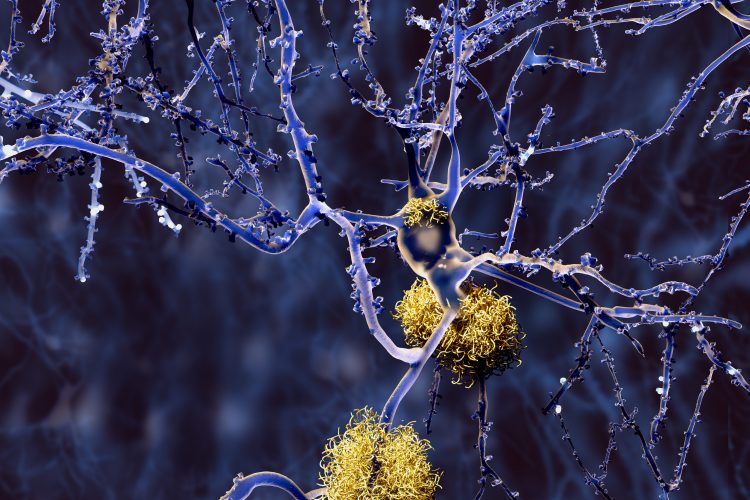Antibody for amyloid beta oligomers could revolutionise Alzheimer’s field
Posted: 27 May 2020 | Hannah Balfour (Drug Target Review) | 1 comment
Scientists have designed a high affinity antibody for pathogenic amyloid beta oligomers, a key driver of Alzheimer’s disease, for use in further research and as a potential diagnostic tool.


Researchers have designed an antibody with high affinity for the amyloid beta (Aβ) oligomers partially responsible for the pathology of Alzheimer’s disease. The team suggest their antibodies could be developed into a novel diagnostic method and also used to further study Aβ and its role in neurodegeneration.
Working in collaboration, researchers from the UK’s University of Cambridge and University College London, and Lund University, Sweden, designed an antibody with high affinity for the Aβ oligomers found in plaques in the brain and used these markers to quantify their numbers.
“There is an urgent unmet need for quantitative methods to recognise oligomers – which play a major role in Alzheimer’s disease, but are too elusive for standard antibody discovery strategies,” said Professor Michele Vendruscolo from Cambridge’s Centre for Misfolding Diseases, who led the research. “Through our innovative design strategy, we have now discovered antibodies to recognise these toxic particles.”
Amyloid plaques are well known as a hallmark of Alzheimer’s; the amyloid hypothesis for the disease states that neurodegeneration is caused by aggregation of ‘sticky’, misfolded Aβ oligomers that can convert normal, endogenous Aβ peptides within the brain, creating large plaques within neurons that interfere with cellular processes resulting in cell death.
Despite over 400 clinical trials testing treatments for Alzheimer’s, no drug has demonstrated the ability to modify the course of the disease, which remains one of the top 10 causes of death in the UK.
“While the amyloid hypothesis is a prevalent view, it has not been fully validated in part because amyloid-beta oligomers are so difficult to detect, so there are differing opinions on what causes Alzheimer’s disease,” said Vendruscolo. “The discovery of an antibody to accurately target oligomers is, therefore, an important step to monitor the progression of the disease, identify its cause, and eventually keep it under control.”
According to the team, the lack of methods to detect Aβ oligomers has been a major obstacle to research, hampering the development of diagnostics and therapeutic interventions.
Dr Francesco Aprile, the study’s first author, explained: “Our method allows the generation of antibody molecules able to target oligomers despite their heterogeneity, and we hope it could be a significant step towards new diagnostic approaches.”
The team revealed their method, which is based on computational assembly of antibody-antigen interactions, enables the design of antibodies for antigens that are highly challenging, such as those that live only for a very short time.
The strategy allows researchers to target specific regions, called epitopes, of oligomers. Due to experimental data, the team were able to design their antibody with three orders of magnitude greater affinity for the pathogenic Aβ oligomers, over other forms, enabling the antibody to specifically quantify oligomers in both in vitro and in vivo samples.
The antibody has been patented by Wren Therapeutics, a biotechnology company based at the Chemistry of Health Incubator in Cambridge, England. Wren is the University’s commercialisation arm.
The paper was published in PNAS.
Related topics
Antibodies, Disease research, Molecular Targets, Neurons, Neurosciences, Protein, Proteomics, Research & Development
Related conditions
Alzheimer’s disease, Dementia
Related organisations
Lund University, University College London (UCL), University of Cambridge, Wren Therapeutics
Related people
Dr Francesco Aprile, Professor Michele Vendruscolo



reference to original paper?